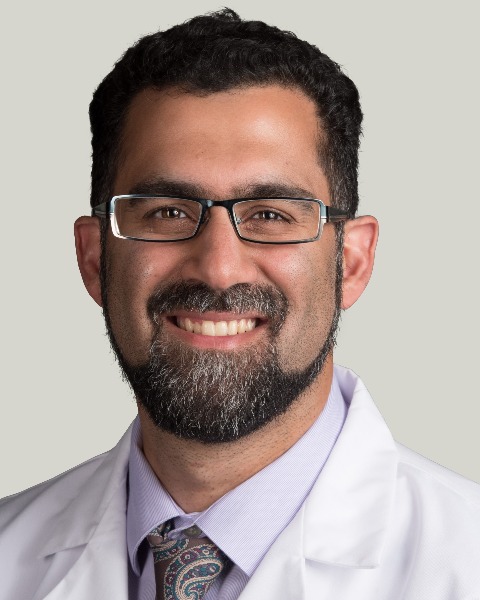Paper Presentation
Health Humanities
Session: Health Humanities
Addressing ‘Big’ Questions About the Human Being: Empirical and Philosophical Findings from an Islam & Bioscience Educational Intervention for Premedical Students
Thursday, September 19, 2024
3:00 PM – 4:00 PM CT
Location: Midway 6 (First Floor)
Keywords: Religion and Science Dialogue, Curriculum Design
Abstract: Advancements in the biosciences and biotechnology motivate revisiting fundamental questions such the origin, nature, malleability, uniqueness, and future of the human being. For many, such questions lie at the core of science-religion dialogue, a domain traditionally viewed as controversial and conflictual. Such ‘big’ questions are central to medicine as the practice attends to human maladies and speaks to human futures. We designed, implemented, and tested the effectiveness of a novel curriculum tailored for premedical students at the interface of bioscience and Islam. A team of bioscientists, theologians and pedagogical experts co-designed a 20-hour seminar series focused on fundamental questions about the human being. The curriculum used recent bioscience and biotechnological developments to bring religious and scientific views into conversation and thus covered views on evolution, artificial intelligence and human nature, transhumanism, determinism and free will, and extra-terrestrial intelligent life. 168 students from two countries – USA and Malaysia – participated. Pre- and post-survey data revealed significant knowledge gain and substantial increase in levels of interest, intention and preparedness to learn more, engage with, and pursue further opportunities at this intersection. Moreover, students’ attitudes moved from conflictual notions to more dialogical and integrative views of religion and science. Analysis of student essays revealed that students gained more clarity, literacy and understanding as well. Our intervention suggests that upfront discussions of epistemology and fundamental questions about the human being may spur and facilitate future physicians and bioscientists to engage with religion-science research and dialogue humbly and harmoniously.
Learning Objectives:
After participating in this conference, attendees should be able to:
- Understand theoretical and practical aspects of our curricular educational intervention and how it relates to the fundamental questions about the human being.
- Describe the overall impact of our program.
- Appreciate the value of this novel curriculum and its importance to biomedical education.
Raudah Yunus – Medical College of Wisconsin

Aasim I. Padela, MD, MSc, FACEP
Professor of Emergency Medicine, Bioethics and Medical Humanities
Medical College of Wisconsin
Brookfield, Wisconsin
